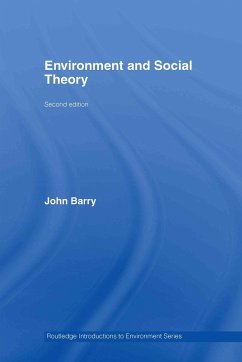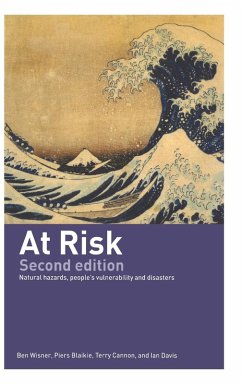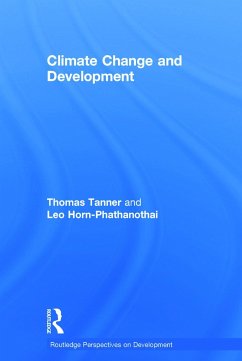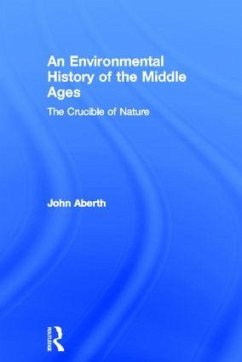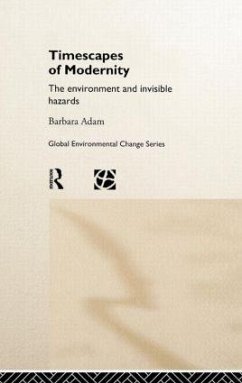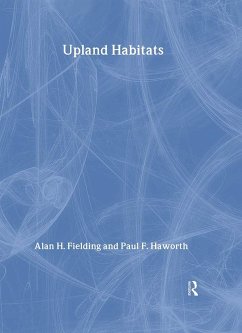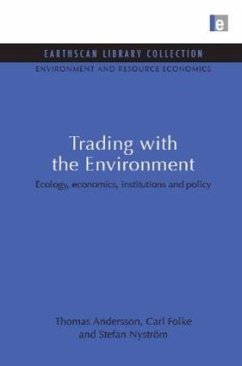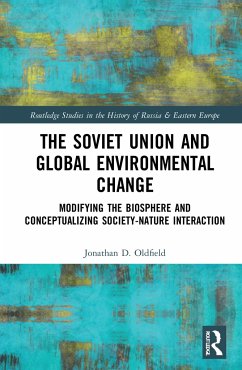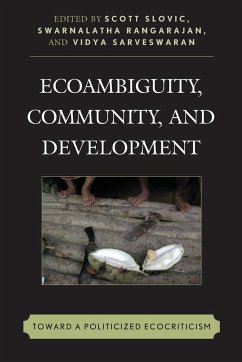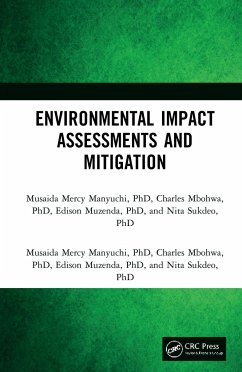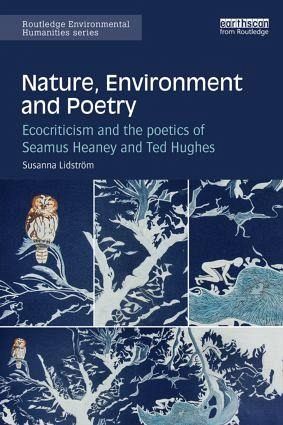
Nature, Environment and Poetry
Ecocriticism and the poetics of Seamus Heaney and Ted Hughes
Versandkostenfrei!
Versandfertig in 1-2 Wochen
176,99 €
inkl. MwSt.
Weitere Ausgaben:

PAYBACK Punkte
88 °P sammeln!
The environmental challenges facing humanity in the twenty-first century are not only acute and grave, they are also unprecedented in kind, complexity and scope. Nonetheless, the political response to problems such as climate change, biodiversity loss and widespread pollution continues to fall short. To address these challenges it seems clear that we need to find new ways of thinking about the relationship between humans and nature, local and global, and the past, present and future. One place to look for such new ideas is in poetry, designed to contain multiple levels of meaning at once, challenge the imagination, and evoke responses that are based on something more than scientific consensus and rationale. This ecocritical book traces the environmental sensibilities of two Anglophone poets; Nobel Prize-winner Seamus Heaney (1939-2013), and British Poet Laureate Ted Hughes (1930-1998). It follows how their respective developing poetics reflect the accelerating environmental crises of the twentieth century, analysing how they address relationships such as between language and ecology, nature and religion, human and animal, and history and memory. While both have been well studied by critical thinkers before, this book reads their poems afresh for their understandings of local places and global crises in the century of the environment. This innovative book is aimed at students of environment and literature or the relationship between poetry and environmental humanities, as well as at anyone with an interest in the poetry of Ted Hughes or Seamus Heaney.
The environmental challenges facing humanity in the twenty-first century are not only acute and grave, they are also unprecedented in kind, complexity and scope. Nonetheless, or therefore, the political response to problems such as climate change, biodiversity loss and widespread pollution continues to fall short. To address these challenges it seems clear that we need new ways of thinking about the relationship between humans and nature, local and global, and past, present and future. One place to look for such new ideas is in poetry, designed to contain multiple levels of meaning at once, challenge the imagination, and evoke responses that are based on something more than scientific consensus and rationale. This ecocritical book traces the environmental sensibilities of two Anglophone poets; Nobel Prize-winner Seamus Heaney (1939-2013), and British Poet Laureate Ted Hughes (1930-1998). Drawing on recent and multifarious developments in ecocritical theory, it examines how Hughes's and Heaney's respective poetics interact with late twentieth century developments in environmental thought, focusing in particular on ideas about ecology and environment in relation to religion, time, technology, colonialism, semiotics, and globalisation. This book is aimed at students of literature and environment, the relationship between poetry and environmental humanities, and the poetry of Ted Hughes or Seamus Heaney




